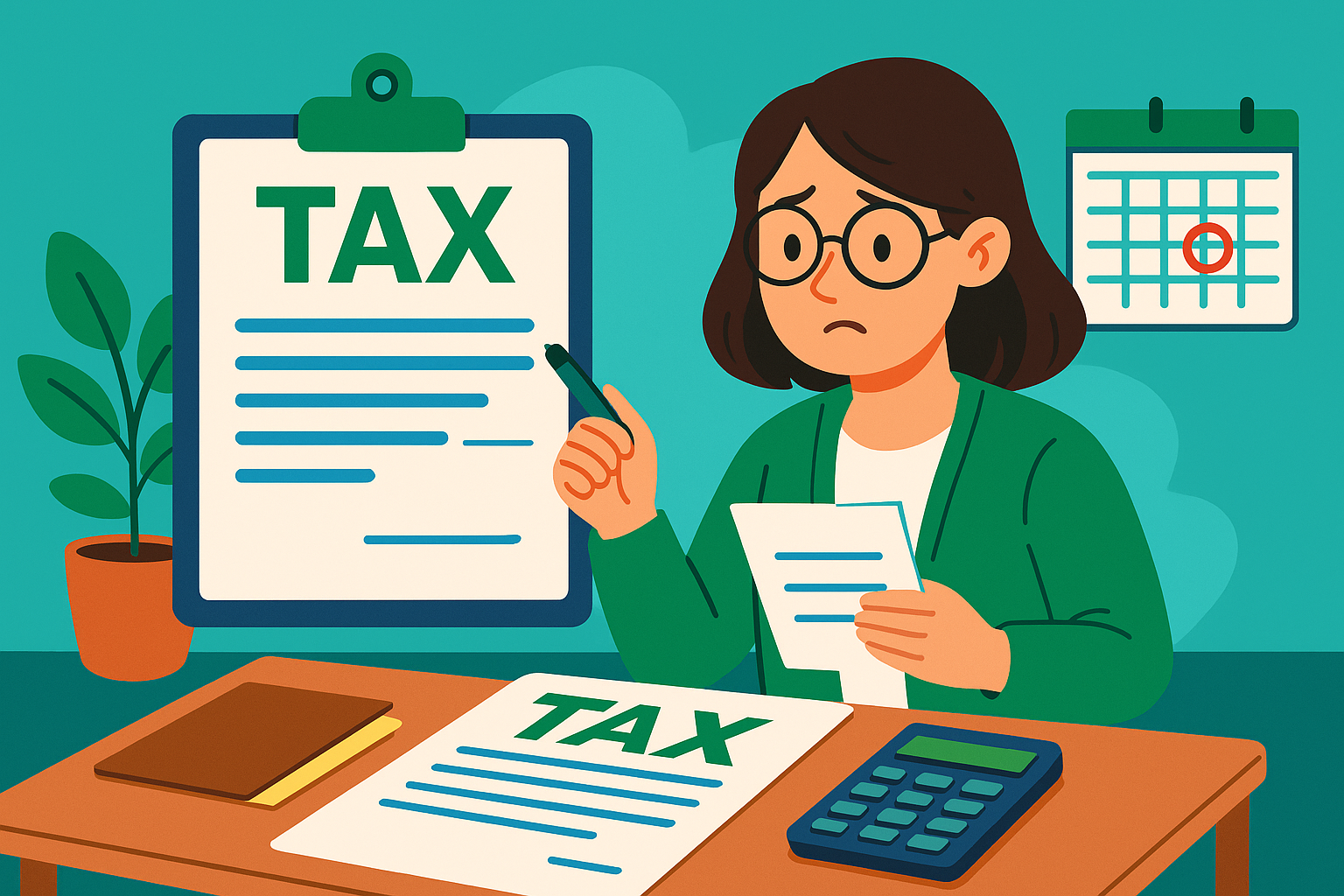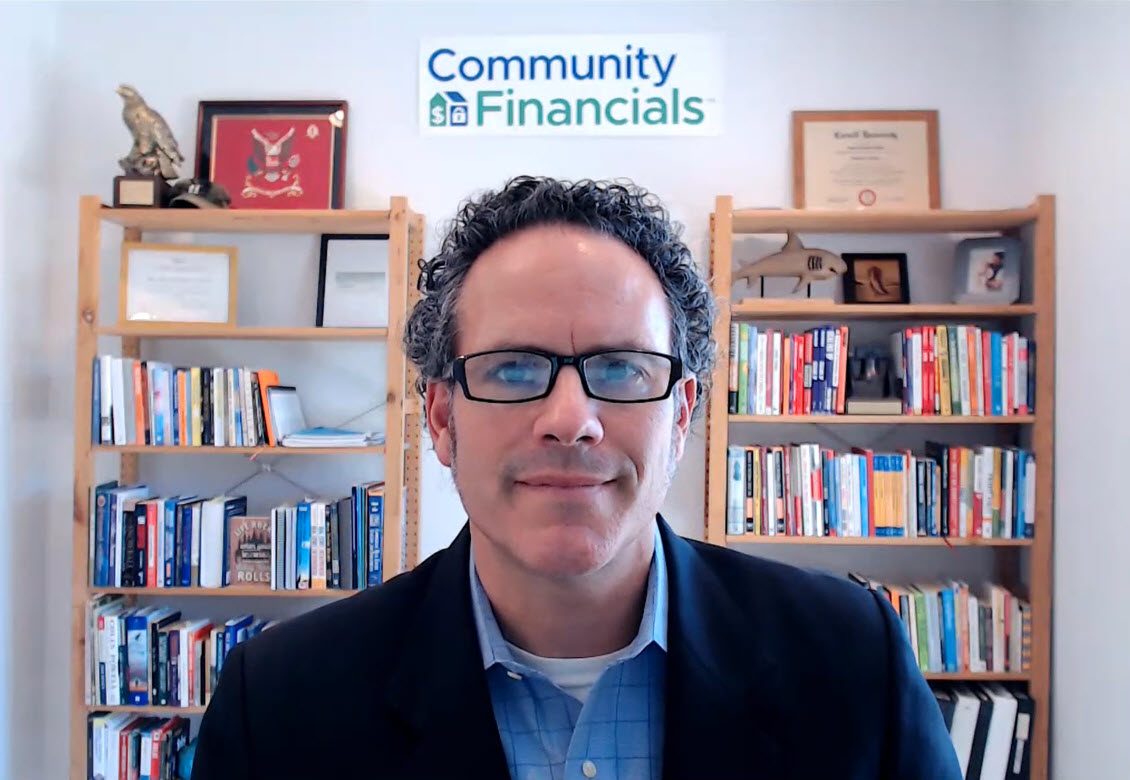HOA Never Filed a Tax Return? Here’s What to Do Next
If you’ve just discovered that your HOA never filed a tax return, it can feel overwhelming – but it’s more common than you might think. Whether due to a lack of clear guidance, volunteer board turnover, or just an honest oversight, plenty of associations find themselves in this exact situation.
The important thing now is to take action. The IRS does expect HOAs to file annually, even if the community has little income or operates at cost. Ignoring the issue won’t make it go away – and the longer it’s left unaddressed, the more complicated and costly it can become.
The good news? There’s a clear process to correct it. With a little organization and the right support, your HOA can get back into compliance and avoid unnecessary penalties going forward. Here’s how to get started.
Does My HOA Even Need to File a Tax Return?
Yes – most HOAs are legally required to file a federal tax return every year, even if they didn’t collect much income or operate at a loss. This surprises many board members, especially in smaller or self-managed communities, where there’s a common assumption that HOAs are automatically tax-exempt.
In reality, HOAs are considered corporations by the IRS and are expected to file annually using either Form 1120-H or Form 1120:
- Form 1120-H is designed specifically for qualifying HOAs. It offers a simpler process and usually avoids taxation on membership dues and assessments used for community operations.
- Form 1120, the standard corporate return, may apply if the HOA doesn’t meet 1120-H requirements – or if using 1120 would result in a lower tax bill (though it carries more complexity and audit risk).
Even if your association had no taxable income or didn’t actively operate during a given year, you still need to file. Non-filing can trigger penalties, interest, and unnecessary scrutiny from the IRS.
The bottom line: skipping returns – even “just this once” – is not worth the risk. |
What Happens If an HOA Never Filed a Tax Return?
Failing to file a tax return doesn’t just slip under the radar. If your HOA has never filed, the IRS can assess late filing penalties, interest on any taxes owed, and – in some cases – remove your eligibility to file under the more favorable Form 1120-H in future years.
Here are the potential consequences:
- Accruing Penalties: The IRS charges a failure-to-file penalty that grows the longer the return is overdue. Even if your HOA owes no tax, penalties for not filing can still apply.
- Loss of Simplified Filing Options: If your HOA doesn’t maintain timely filing under Form 1120-H, you may be forced to file under Form 1120, which requires more detailed reporting and could lead to a higher tax bill.
- IRS Notices or Audits: In some cases, the IRS may issue notices to the association, pursue collection, or even initiate audits—especially if the HOA collects income beyond assessments (like rental or interest income).
- Board Liability and Member Frustration: Board members have a fiduciary duty to maintain compliance. Missed filings can raise concerns among homeowners and create unnecessary stress for current leadership.
While these outcomes sound serious, they’re also avoidable. The sooner you act, the easier it is to resolve the issue with minimal disruption.
Step-by-Step Guide to Correcting Past Non-Filing
If your HOA never filed a tax return, the best time to fix it is now. The IRS tends to be more lenient when associations take proactive steps to come into compliance. Here’s how to move forward, one step at a time:
1. Confirm Filing History
Start by verifying whether any returns have been filed in previous years. This might involve:
- Reviewing past financial records
- Contacting previous board members or property managers
- Calling the IRS Business & Specialty Tax Line to request your HOA’s account history
Knowing exactly how many years are missing will help you prepare a complete filing plan.
2. Gather Financial Documents
You’ll need to compile accurate records for each year you plan to file. That typically includes:
- Bank statements
- Annual budgets and financial reports
- Records of assessments, interest, rental income, and any other revenue sources
- Expense documentation
If records are incomplete, work with your accountant to reconstruct what’s needed as best as possible.
3. Work With an HOA Tax Professional
This isn’t the time to rely on a general tax preparer. HOAs have unique filing requirements and face higher risk when errors occur. A professional who specializes in HOA tax returns can help with:
- Preparing and filing accurate returns on time (typically Form 1120-H)
- Ensuring income and expense reporting aligns with HOA tax rules
- Helping boards understand their filing obligations
- Maintaining consistent, audit-ready financial records
- Reducing the chance of errors that could trigger IRS attention
When your HOA has years of missed filings or unclear financial history, working with a specialist like Community Financials can help you get back on track and stay there. We provide detailed year-end reports to the community’s CPA that make tax return filing a breeze!
4. File Back Tax Returns Promptly
Once your documents are ready, file the missing returns as soon as possible. You may be able to submit multiple years at once. If you owe taxes or penalties, your accountant can help request an abatement or set up a payment plan.
5. Monitor for IRS Notices or Penalties
After filing, stay on top of your mail and IRS correspondence. Notices may:
- Confirm receipt of returns
- Request clarification or additional documentation
- Outline penalties or interest owed
Don’t ignore these. Responding quickly helps resolve matters before they escalate.
6. Set Up an EFTPS Account for Faster Payment
If your HOA owes taxes or anticipates penalties, setting up an EFTPS (Electronic Federal Tax Payment System) account can speed up the payment process and prevent delays.
EFTPS is the IRS’s secure online system for making federal tax payments. It allows your association to:
- Pay taxes directly from a bank account
- Schedule payments in advance
- Avoid mailing delays or lost checks
- Receive confirmation for every transaction
To avoid any last-minute scrambling, your board should register for an EFTPS account as soon as possible – even if you don’t yet know the total balance owed. It’s free, secure, and positions your HOA to act immediately when needed.
When It’s Time to Get Professional Help
If your HOA is behind on tax filings, missing financial records, or struggling to stay organized year over year, it’s a clear sign that professional support is needed. Volunteer boards often don’t have the time, resources, or specialized knowledge to manage financial compliance – especially when it comes to correcting years of missed tax returns.
This isn’t a DIY situation. Filing retroactively, interpreting IRS forms, and avoiding future penalties requires a level of precision that most board members simply aren’t equipped for. |
Community Financials provides full-service financial management, including accurate monthly reports and comprehensive year-end financial statements to support your tax filing. While your association selects and engages its own CPA to file the return, we supply all required documentation and promptly assist with any questions your tax preparer may have. If your HOA has fallen behind, we’re here to help you move forward – with clarity, organization, and confidence.


